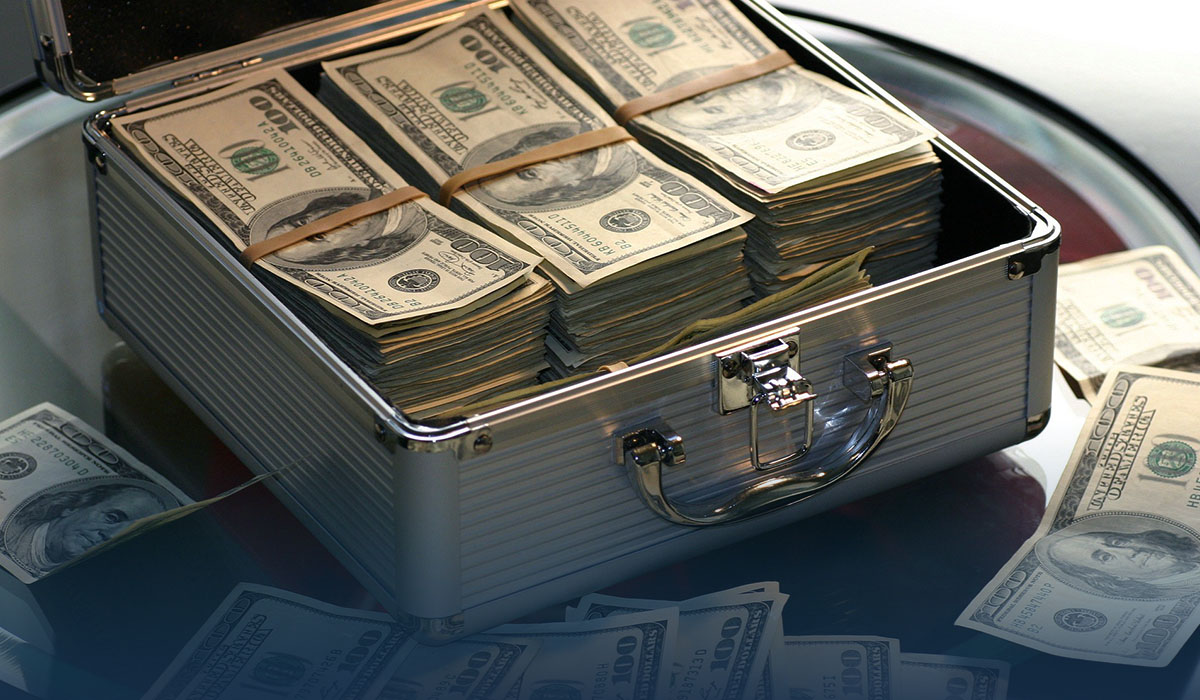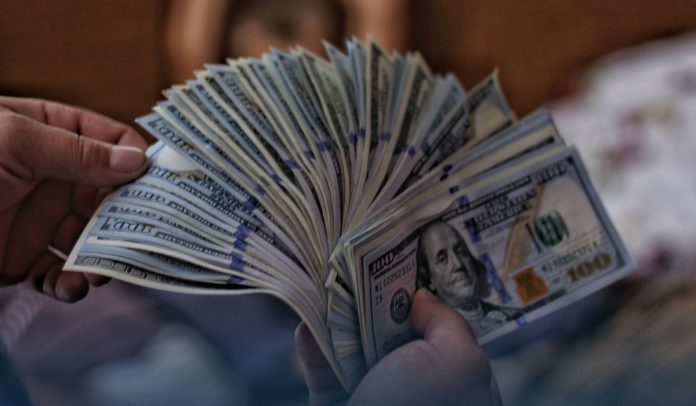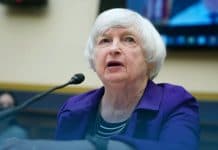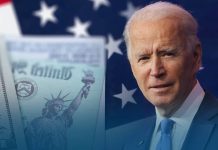On Wednesday, the United States Treasury Department asserted in a report that the wealthiest Americans are failing to pay several billions of dollars in taxes every year, using the findings to strengthen the case for a projected eighty billion dollars investment to support the IRS (Internal Revenue Service) improve tax enforcement.
The Treasury report states that last year top one percent of taxpayers failed to pay approximately 163 Bn dollars in taxes, accounting for around 28 percent of the overall sum of 600 Bn dollars in unpaid taxes. In comparison, the top five percent failed to pay around 307 Bn dollars in total, accounting for almost 53 percent of the total.
The U.S. Treasury Department called the six hundred billion dollars in unpaid taxes a striking sum equaling nearly three percent of the United States’ annual economic output of about 23T dollars. Moreover, the overall sum equals all the taxes which the country’s lowest-earning ninety-percent taxpayers paid.
Today’s tax code operates by 2 sets of rules:
One for regular wage & salary workers who report virtually all income they earn,
another for the wealthy who often avoid a large share of owed taxes.
Academic estimates suggest +$160B lost/yr from taxes the top 1% choose not to pay. pic.twitter.com/plDX8aDU9A— Treasury Department (@USTreasury) September 8, 2021
The report said that the richest taxpayers account for the bulk of the tax evasion. Moreover, it noted that the richest taxpayers often have opaque sources of income from proprietorships, partnerships, and rental income. However, most working U.S. people have federal income taxes deducted from regular paychecks and forwarded to the administration by their companies.
The fate of Biden’s Social Safety Net and Infrastructure Spending is Uncertain
In the report, Deputy Assistant Secretary of Economic Policy, Natasha Sarin, wrote that America gathers less tax revenue as a percentage of GDP than at several points in part because owed, but ungathered taxes are so much significant.
Moreover, she wrote that those back taxes mean lawmakers must select between lower spending on essential priorities, rising deficits, or further tax rise to compensate for lost revenue, which compliant taxpayers would only borne.
As a part of his proposals to lift the country’s economy with new spending to expand America’s social safety net, Joe Biden, the U.S. President, calls for higher taxation on establishments and people earning over 0.4M per year. In addition, Biden wanted increased tax enforcement staffing at the IRS.

Source: Web
But some legislators, particularly GOPs, have drawn back at beefing up the agency’s staff. The U.S. Congress is in the midst of debating US leader’s 3.5T dollars social safety net plan, in addition to separate lawmaking for one trillion dollars in infrastructure spending. But both proposals’ fate is uncertain.








